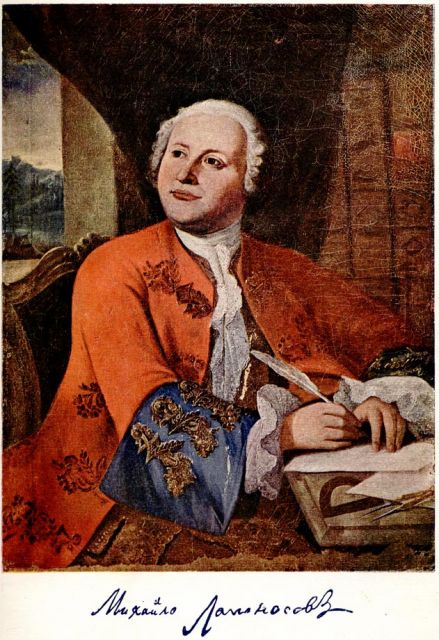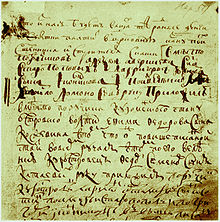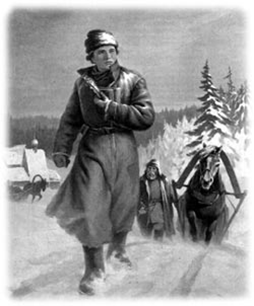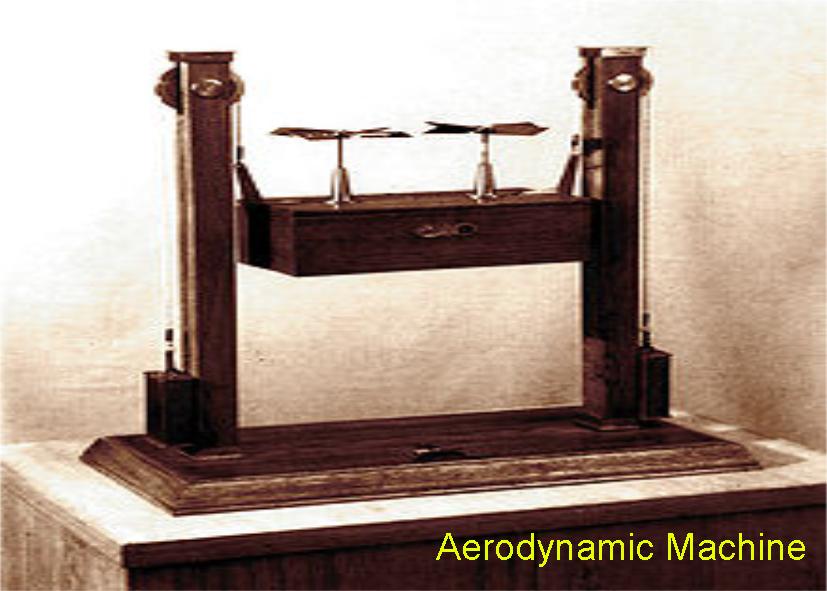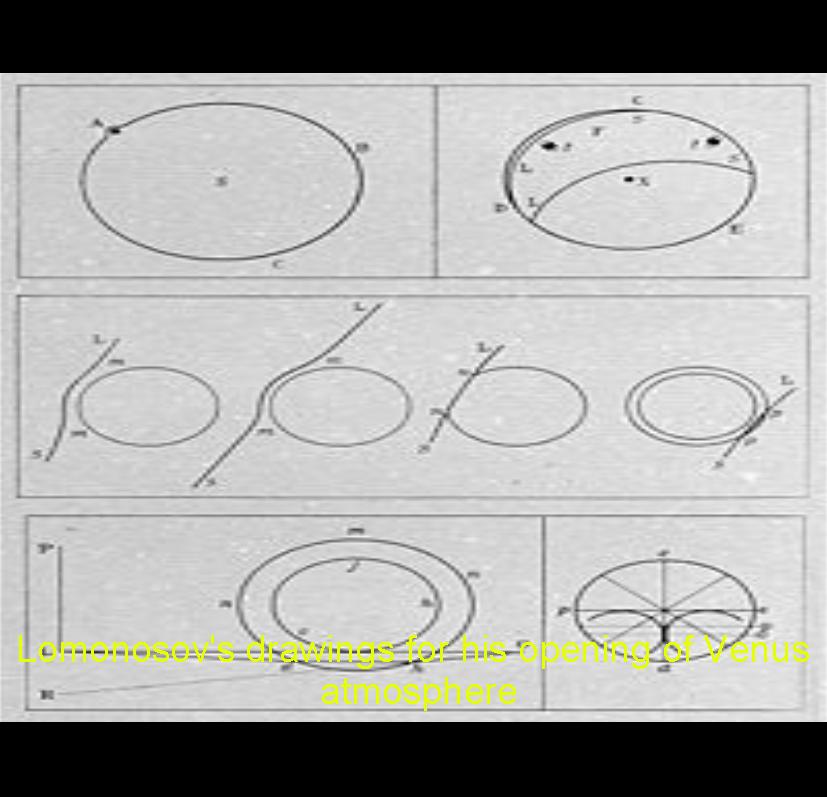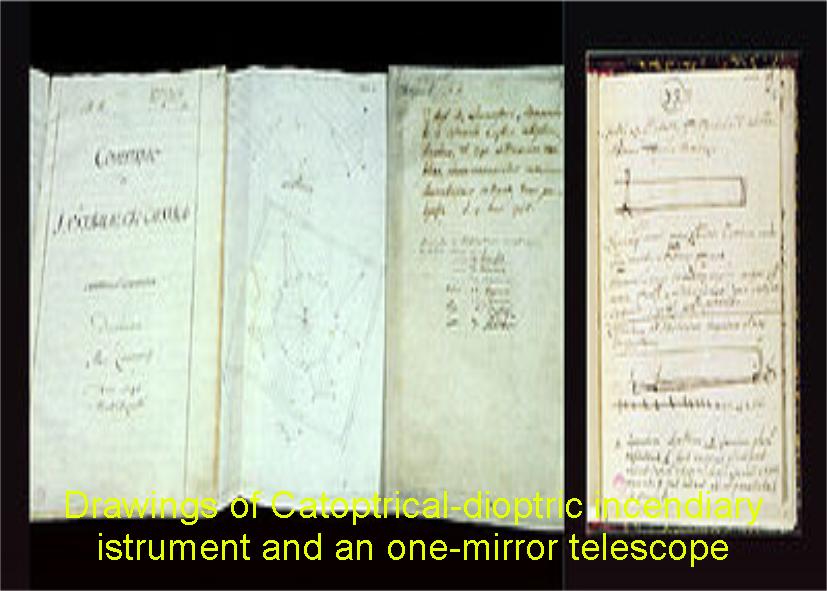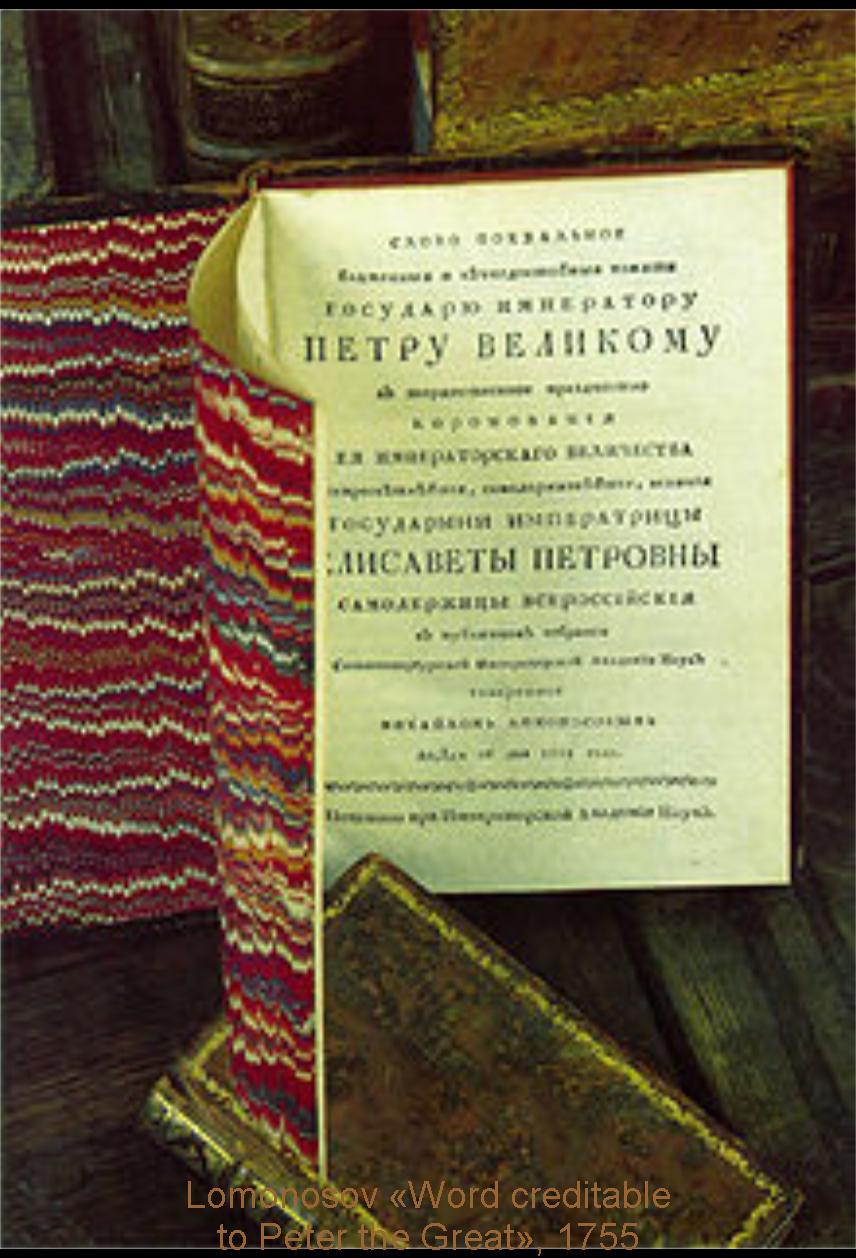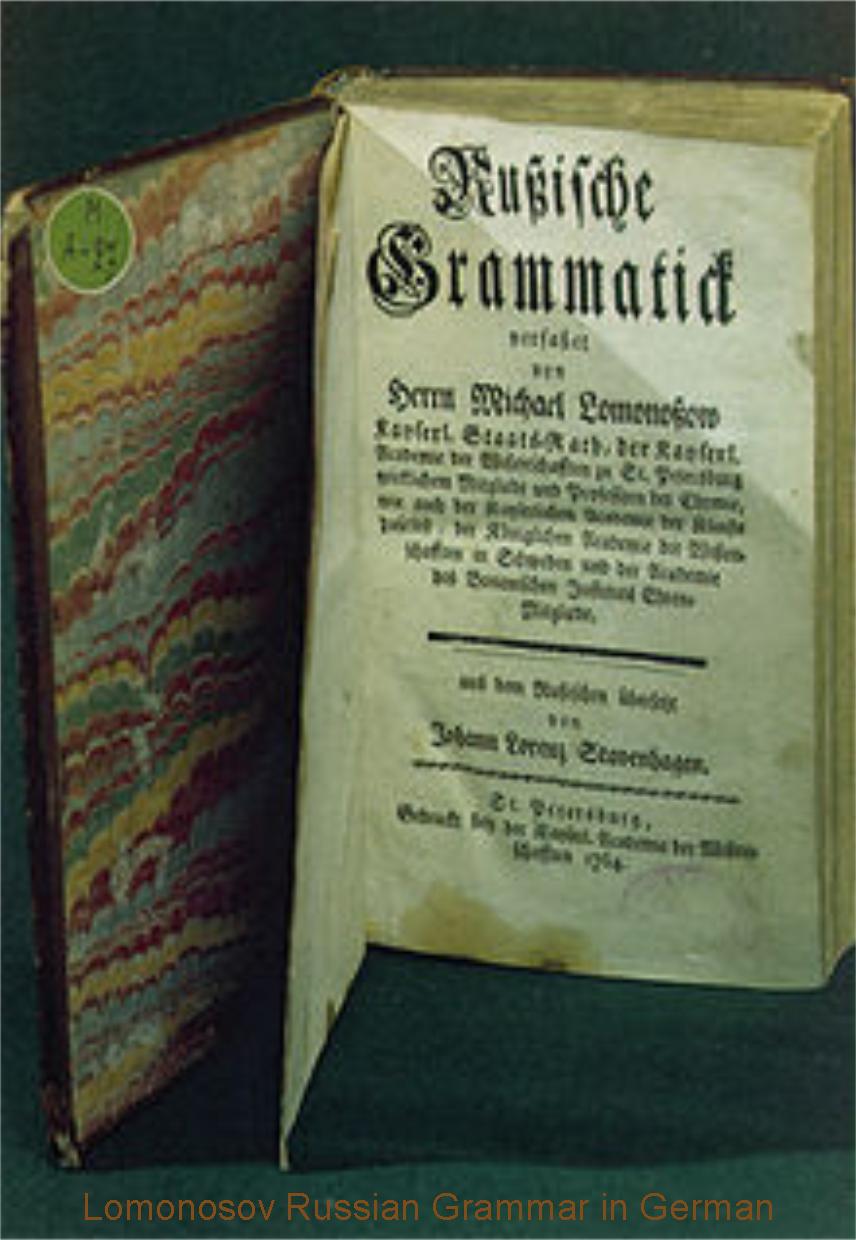We remember his name ...: различия между версиями
| Строка 71: | Строка 71: | ||
The main historical work is "Ancient Russian History." Lomonosov compares Russian history with the history of the Roman Empire. His second work is "Russia's brief chronicle with a pedigree." Here, in summary form, he outlines all the major events of Russian history from 862 to 1725. Need for such a publication was very great, and after the publication it received recognition readers. In addition, during the lifetime of Lomonosov "Chronicle" has been translated into German and then twice in 1767 and 1771., reprinted and in 1767 it was translated into English | The main historical work is "Ancient Russian History." Lomonosov compares Russian history with the history of the Roman Empire. His second work is "Russia's brief chronicle with a pedigree." Here, in summary form, he outlines all the major events of Russian history from 862 to 1725. Need for such a publication was very great, and after the publication it received recognition readers. In addition, during the lifetime of Lomonosov "Chronicle" has been translated into German and then twice in 1767 and 1771., reprinted and in 1767 it was translated into English | ||
| − | [[Изображение:Ломоносов_язык.jpg| | + | [[Изображение:Ломоносов_язык.jpg|150px|thumb|right|]] |
| + | |||
| + | |||
| + | |||
| + | |||
| + | |||
| + | He contributed to the development of Russian grammar."Russian Grammar" - framework and rules of Russian language, in which Lomonosov developed the concept of speech, spelling and pronunciation of words | ||
Версия 21:21, 14 апреля 2011
Тема моего проекта - "Мы помним его имя ..."
История России знает много разносторонне одаренных людей и одним из них является Михаил Ломоносов. Первый русский ученый - естествоиспытатель мирового значения, поэт, заложивший основы современного русского литературного языка, художник, историк, физик, химик, астроном - все эти звания можно смело присвоить этому человеку. В своей работе мне бы хотелось напомнить о достижениях Михаила Васильевича, проследить за хронологией его жизненного пути, понять как выходец из глухой деревни Архангелогородской губернии смог добиться таких успехов и быть во всем настоящим "гением".
Помимо того, что одной из задач проекта является - изучение жизни и творческой деятельности М.В.Ломоносова, я для себя поставила и другую задачу - совершенствование уровня английского языка. В школе мне очень нравится изучать этот предмет, я читаю много английской литературы и свои знания попробую применить в создании этого проекта.
Цель исследовательской работы: напомнить о достижениях и открытиях такого выдающегося русского гения как М.В.Ломоносов
Объект исследовательской работы: жизнь и творчество М.В. Ломоносова
Задачи исследовательской работы:
- 1. изучить жизненный путь М.Ломоносова
- 2. познакомить с достижениями и научными открытиями
- 3. проанализировать как человек из бедной семьи смог добиться таких успехов
- 4. воспитать чувство патриотизма и гордости за то, что в нашей стране жили такие выдающиеся люди
- 5. повысить уровень знаний в области английского языка
Содержание
Let's start our work!
What do we know about Lomonosov? Who is he? Is he really genial and why? Lets try to ask all these questions. But before we should remember his biography.
Our plan of project
- 1. Where and when was Lomonosov born?
- 2. Where did he study?
- 3. In what fields of science did he work?
- 4. Is Lomonosov the first real great Russian poet?
- 5. What university is named after his name?
- 6. Lomonosov and Russia.
- 7. Great people about Lomonosov.
- 8. When did Lomonosov die?
- 9. To express my own opinion on the matter.
- 10. Is Lomonosov a phenomenenon?
Early life and family
Mikhail Lomonosov was born in 1711 in the village of Denisovka (later renamed Lomonosovo in his honor) in the government of Archangel. His father, Vasily Dorofeyevich Lomonosov, was a fisherman, and mother, Elena Ivanovna Sivkova, was a deacon's daughter. Learning was young Lomonosov's passion. The boy's thirst for knowledge was unbounded. He was teached by the village deacon, S.N. Sabelnikov. But it was not enough for him.
"Science youths nourish,
Whereupon the old fed,
In a happy life decorate
In the unfortunate case cherish"
M.V. Lomonosov
Lomonosov could not receive a higher education in Denisovka, he was determined to leave the village. In 1730, at nineteen, Lomonosov joined a caravan traveling to Moscow.
In Moscow he entered Slavic Greek Latin Academy. Here Lomonosov lived on three kopecks a day, buying only black bread and kvas, but he made rapid progress scholastically. After three years in Moscow he was sent to Kyiv to study for one year at the Kyiv-Mohyla Academy. But he was not satisfied with the education he was receiving there, and return to Moscow. In 1736 he was awarded a scholarship to S.-Petersburg State University. Then he was rewarded with a two-year grant to study abroad at the Universiry in Marburg, in Germany.
Lomonosov's scienсes
A man of the most varied learning
His spheres of science were natural science, chemistry, phisics, mineralogy, history, art, philology, optical devices and others. The most valuable of the works of Lomonosov are those relating to physical science, and he wrote upon many branches of it. He everywhere shows himself a man of the most varied learning. He compiled a Russian grammar, which long enjoyed popularity, and did much to improve the rhythm of Russian verse
Lomonosov's drawings for his opening of Venus atmosphere
Drawings of Catoptrical-dioptric incendiary istrument and an one-mirror telescope
Lomonosov as a historian
The main historical work is "Ancient Russian History." Lomonosov compares Russian history with the history of the Roman Empire. His second work is "Russia's brief chronicle with a pedigree." Here, in summary form, he outlines all the major events of Russian history from 862 to 1725. Need for such a publication was very great, and after the publication it received recognition readers. In addition, during the lifetime of Lomonosov "Chronicle" has been translated into German and then twice in 1767 and 1771., reprinted and in 1767 it was translated into English
He contributed to the development of Russian grammar."Russian Grammar" - framework and rules of Russian language, in which Lomonosov developed the concept of speech, spelling and pronunciation of words
Литература:
Жизнь и научная деятельность М.В. Ломоносова
Михаил Васильевич Ломоносов - великий русский учёный, "первый наш университет" по словам Пушкина Его вклад в российскую науку действительно трудно переоценить. Жизненный путь Ломоносова был суров. Однако все трудности преодолеть ему помогла его страсть- истинное увлечение наукой. Михайло Ломоносов проявил себя во многих научных дисциплинах ( филология, минералогия и др.) Россия помнит и гордится его именем.
